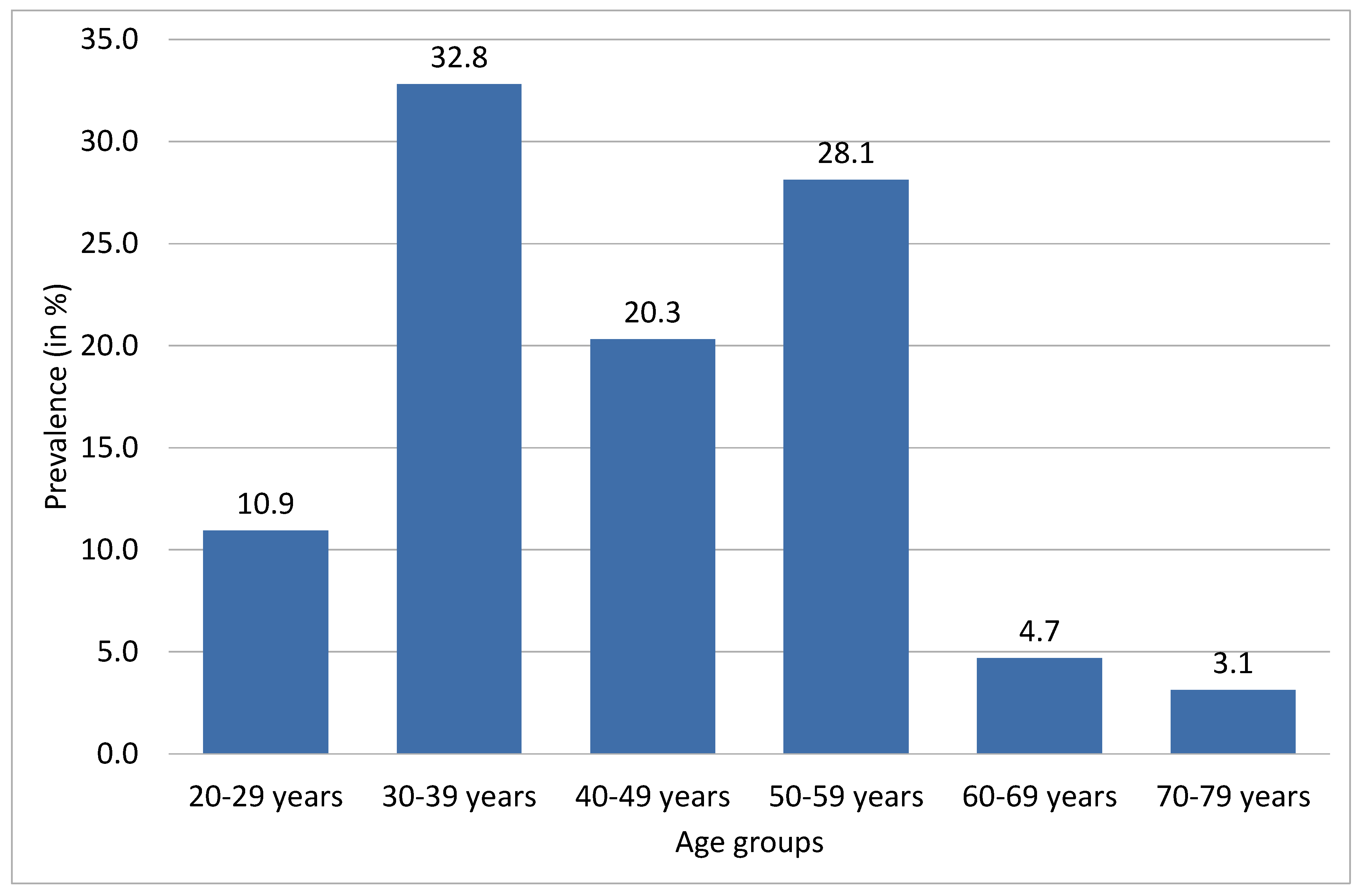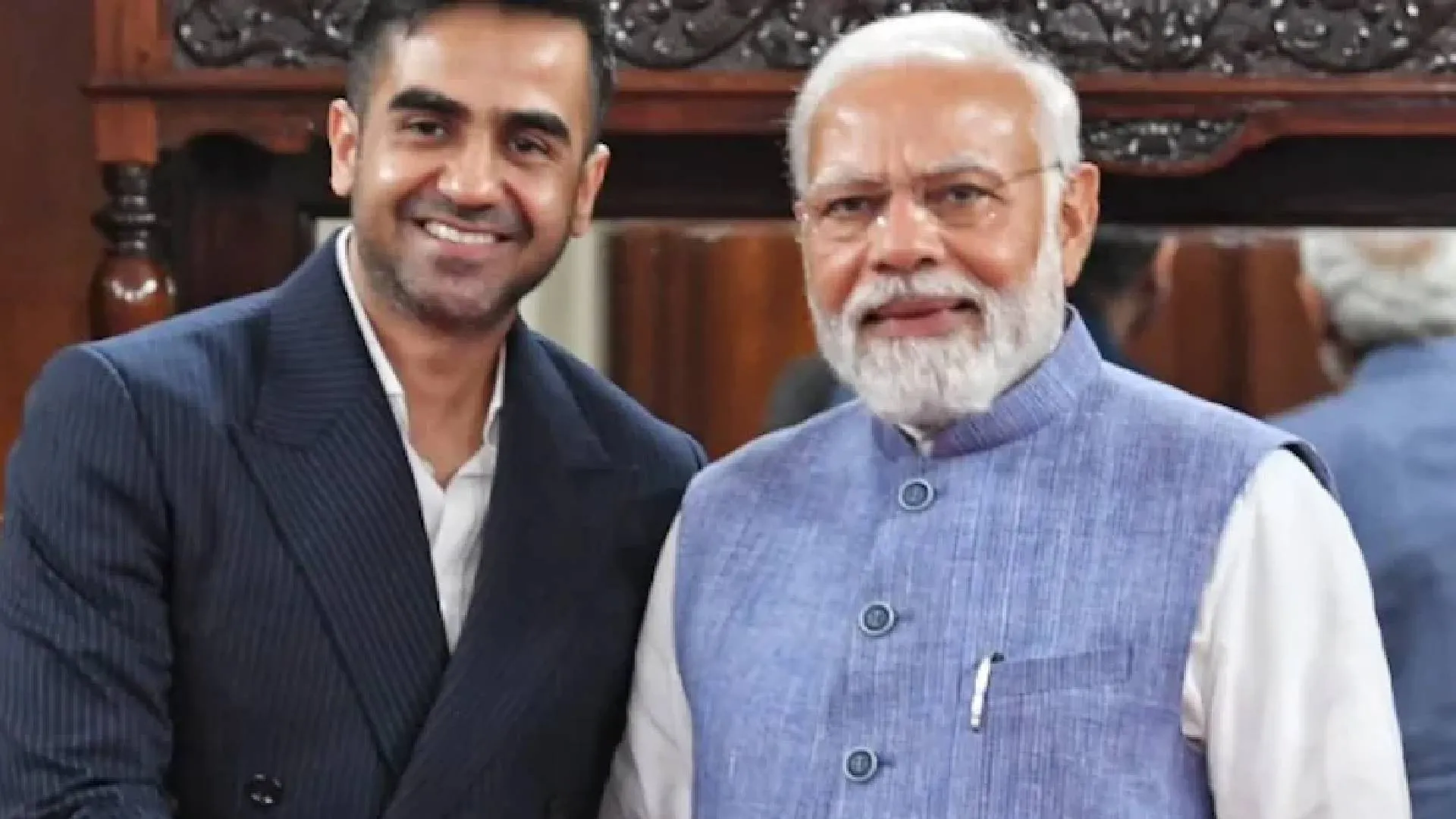Lupus, or SLE (systemic lupus erythematosus), is a chronic autoimmune disease wherein the immune system mistakenly affects tissues in various parts of the body, causing inflammation and damage. The idea of commemorating World Lupus Day is to improve the understanding of lupus amongst patients and increase awareness about this crippling condition worldwide so that we can fight it better.
In India, Lupus affects 1 in 1000 people and tends to affect women nine times more than men, usually in the childbearing age group of 15–45 years. Oestrogen clearly plays a role in immunopathogenesis. Although younger children and older adults can also be affected.
The symptoms of lupus are varied and mimic many common conditions, like infections. These include fatigue, joint pain, rashes from sun exposure, mouth ulcers, raynauds, hairfall, and involvement of internal organs like the kidneys, brain, heart, gut, liver, and lungs.
The primary doctor who treats lupus is a rheumatologist who is trained in treating auto-immune conditions. Treatment includes hydroxychloroquine in all cases and disease-modifying anti-rheumatic drugs in most, the choice of which is based on what symptoms are predominant.
Along with drug therapy, eating a healthy diet rich in fresh fruits and vegetables, high in fibre and nutrients, avoiding smoking, and engaging in regular physical activity are required for a holistic approach to fighting lupus.
The theme for this year is “Make Lupus Visible.” The intent is to improve awareness about lupus and its social, economic, and psychological impact on patients, their families, and society. The focus is on urging the WHO to consider lupus as one of its international health priorities!
The author is a Consultant in Rheumatology at a private hospital.
















